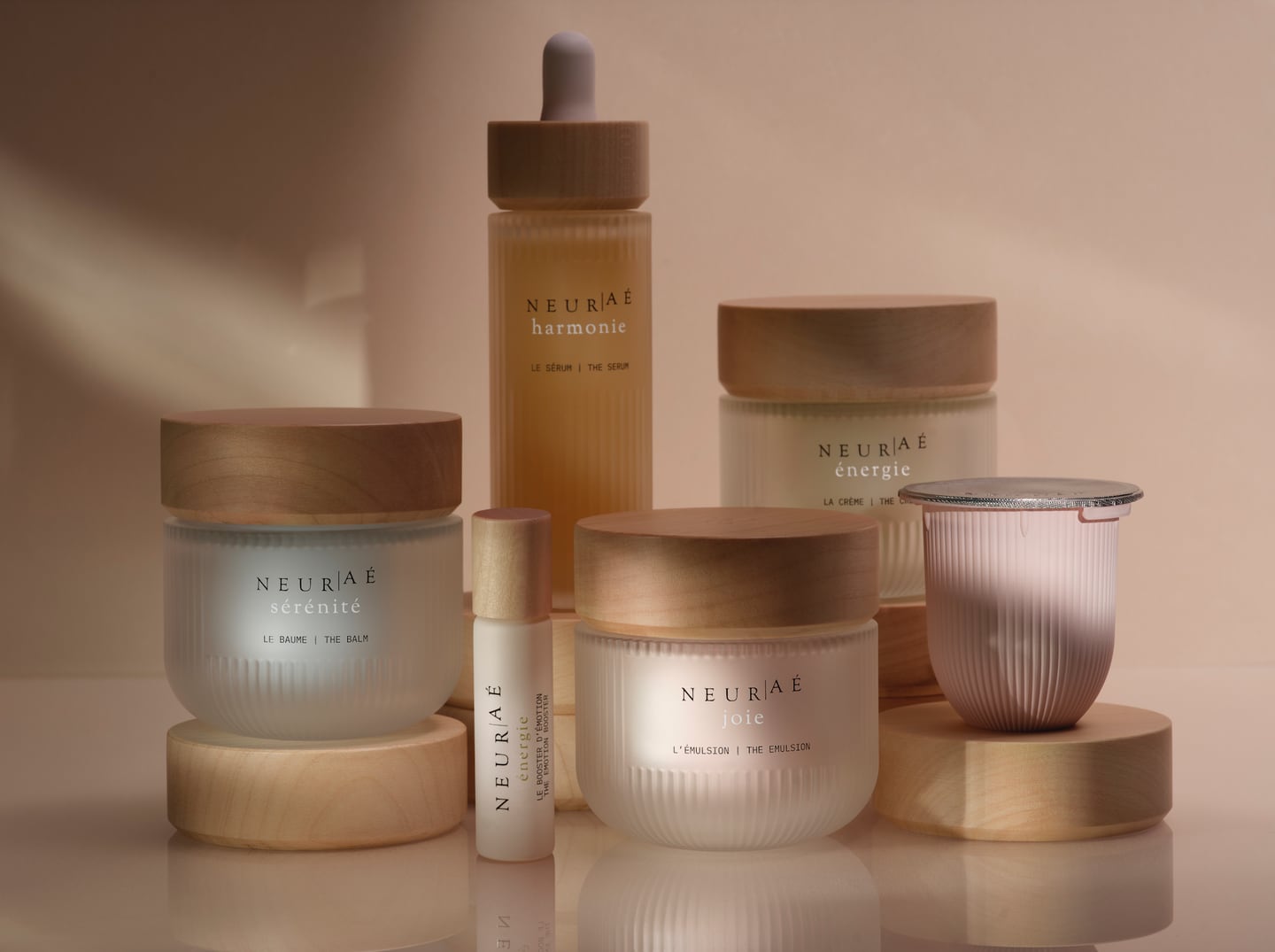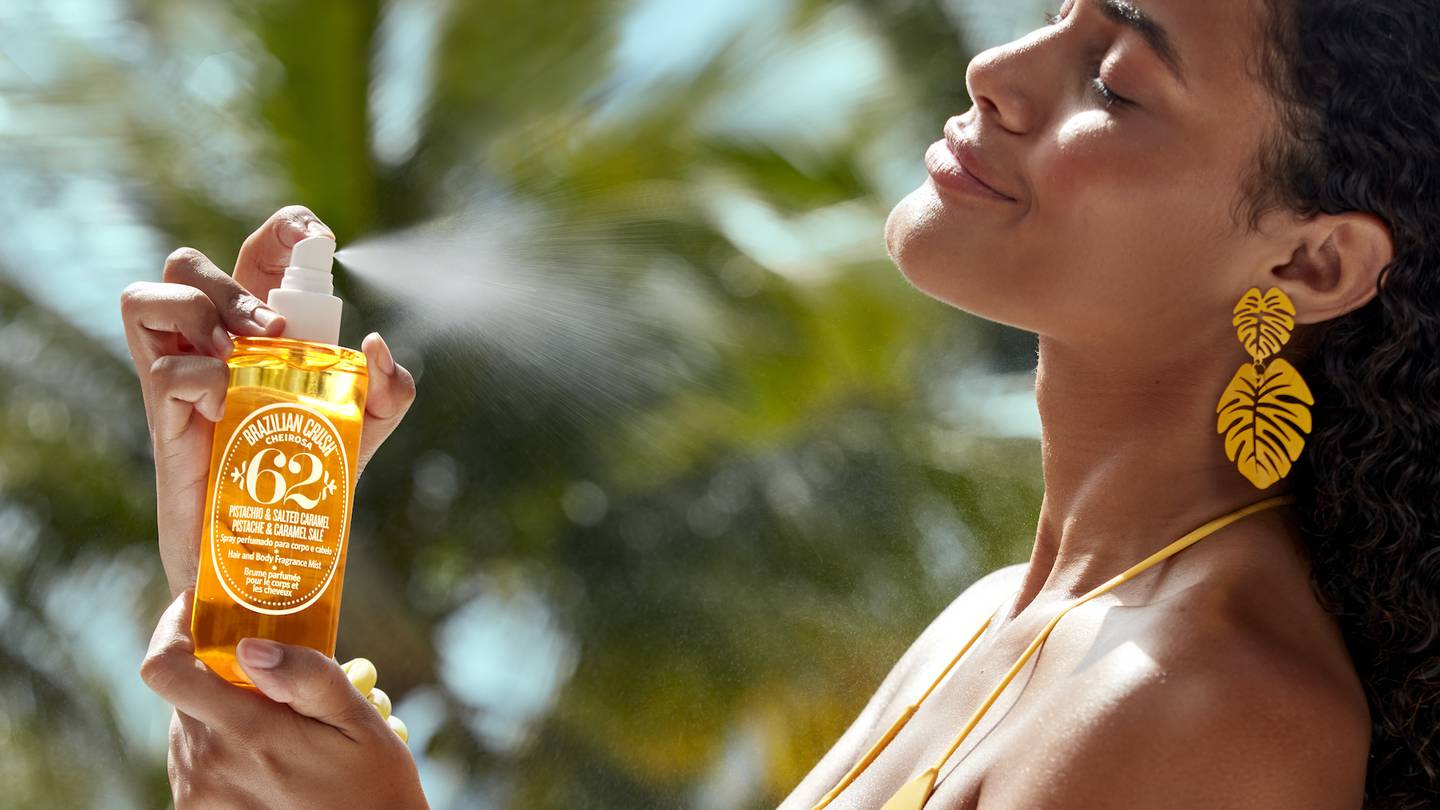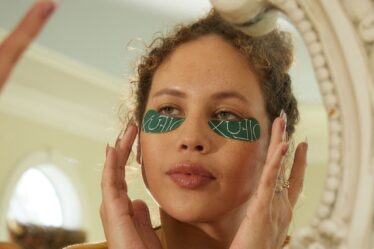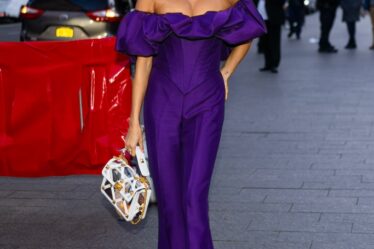
A Bloomberg report that said Selena Gomez’s Rare Beauty was exploring a sale sent industry executives, financial sponsors and strategic buyers in a tizzy, as many insiders tried to understand how the news could impact them.
Earlier this week, I reported that the label, which was founded in 2020, had crossed $400 million in net sales in the 12 months ending in February, and brought on two investment banks, Goldman Sachs and Raymond James, to explore its options. According to my sources, everything is on the table, from selling to a beauty conglomerate or investment firm, holding an initial public offering – or doing absolutely nothing. It’s worth noting that Goldman has done many of the multibillion beauty deals of late, including Tom Ford, and Raymond James had the best hit rate of 2023, selling Mielle Organics, Naturium, Dr. Dennis Gross and K18; the last two happened on the same day.
Rare has plenty of time to choose a path (for anxious beauty insiders, we’re likely looking at a 2025 timeline at the earliest), but in the meantime let’s consider who could actually make a bid for the hotter than hot brand. With Rare Beauty’s revenue and profits (adjusted earnings before interest, tax, depreciation and amortisation are said to be at least 35 percent of net sales), it’s going to take a buyer with deep pockets to purchase the brand. A $2 billion price tag, my initial estimate when considering potential M&A targets earlier this year, may be on the low side.
Blackstone comes to mind as a potential contender. It was reportedly in the running for K18 last year and paid out for Supergoop in 2021. BlackRock is another, having just sold Creed to Kering, though it tends to hold onto properties longer. Both are equipped to scale businesses further for the right strategic buyer.
If Rare Beauty looks to the beauty conglomerate pool, the choices are more limited. Shiseido is out to prove it’s the best skincare company in the world, with its purchase of Dr. Dennis Gross. Rare just moved into bodycare, but is a makeup heavy line, so seemingly it’s not the right fit. Coty already made its celebrity bet with Kim Kardasian and Kylie Jenner, which it seems to be unwinding; it is also focused on other arenas, namely boosting its luxury offering. The Estée Lauder Companies, meanwhile, is cash strapped.
That leaves L’Oréal and Unilever. Both have shown they’re willing to spend big for the right brand, with the former paying $2.5 billion on Aesop last year and the latter paying roughly $2 billion on Paula’s Choice in 2021 (and it won’t be hurting for cash after spinning off its ice cream division). Gomez’s Rare Beauty would help Unilever build out its foothold in the prestige makeup segment, which is less developed than other categories (Hourglass is its only such offering).
Still, I’m not sure that L’Oréal is going to let this one get away. It could use a jolt of millennial and Gen-Z shoppers in its Luxe division, made up of designer labels, Lancome, Urban Decay and Youth to the People. And remember, Rare chief executive Scott Friedman was the CEO of NYX when the line sold to the French beauty company in 2014.
Rare will be thoughtful about its next move, but the longer it waits the more valuable and more expensive the brand gets.
Here are my top picks from our insight and analysis on beauty and wellness this week:
1. Why Sisley Is Launching Its First New Brand Now
The line, Neuraé, is inspired by neuroscientific research and will retail at a lower price point than Sisley’s core luxury offering. It’s the first time the family-owned company has launched a new brand.
2. Bum Bum Cream, Bikini Pics and Body Spray: What’s Behind the Sol de Janeiro Hype

From body cream to fragrance, L’Occitane’s crown jewel has lured TikTokers, tweens and shareholders alike. Now, at the height of its popularity, the latter thinks the buzzy beauty brand deserves its own public listing.
3. The Center Invests in Claudia Sulewski’s Brand Cyklar

The company behind Naturium’s recent sale adds the body care brand to its portfolio.
THE BUSINESS OF BEAUTY NEWS IN BRIEF
CVC-backed perfume retailer Douglas raises $967 million IPO but tumbled in debut. The CVC Capital Partners-backed firm sold about 32.7 million new shares and raised about €850 million, while current stockholders sold around 1.5 million existing shares. The company’s shares hit a low of €23.20 a share, compared with the IPO price of €26.
Sephora to withdraw from Korea. The company said it would gradually terminate all its operations, including its app, online store and physical stores. Having launched in 2019, it currently has five stores in Korea, having shut down two stores in the last two years, per local press.
TikTok influencer Dr. Muneeb Shah launches skincare brand. The line, Remedy, is based on his Gen-Z and Millennial audience’s top skincare concerns. Remedy’s selling point is an emphasis on the “skinimalism” trend replacing multi-step routines.



